
Empowering Lives, One Move at a Time
Transforming youth, enriching seniors, and strengthening teams through the timeless game of chess.
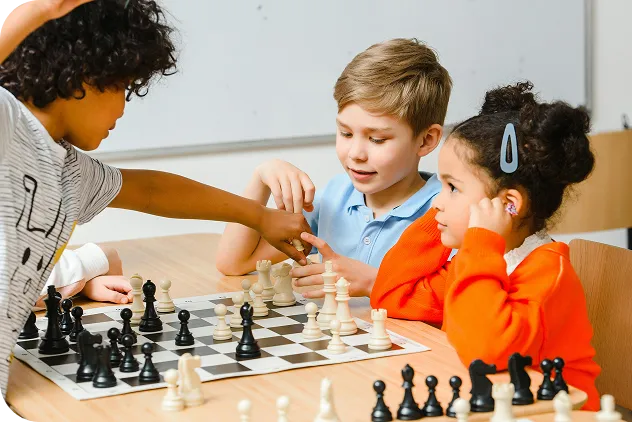

For Families
Provide your child with critical thinking skills, resilience, and a love for learning through chess mentoring.
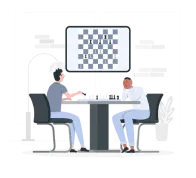
For Seniors
Engage in cognitive-boosting activities and create meaningful intergenerational connections.

For Businesses
Develop strategic thinking and leadership skills while making a positive community impact.
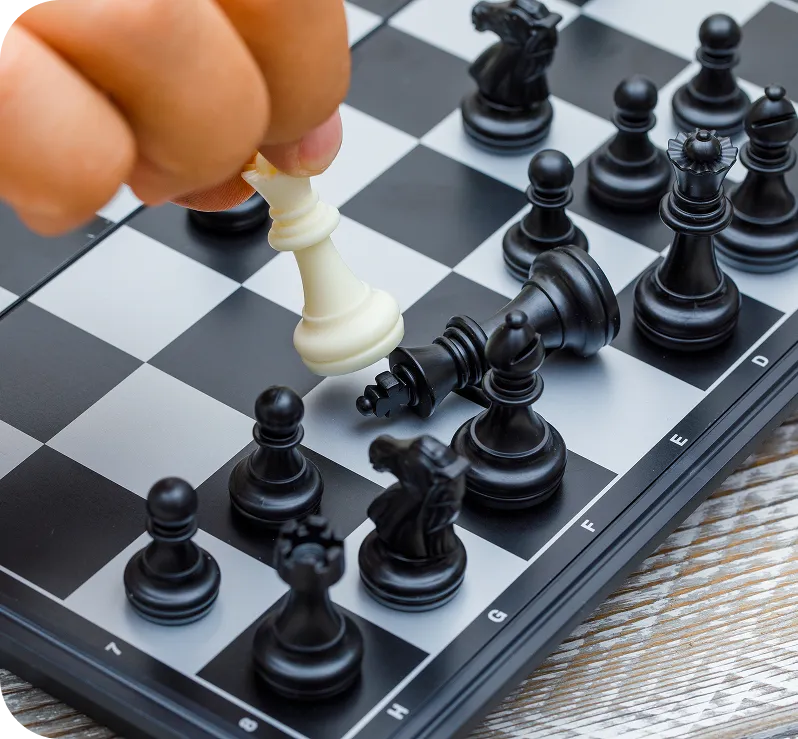
About Terrian Chess Africa
Founded in 2014 by Brian Kidula, a FIDE (International Chess Federation) certified instructor, TCA uses chess to transform lives. From youth mentoring to senior therapy and corporate team building, we are committed to creating stronger communities through the game of chess.
Programs We Offer

Develop critical life skills and grow through weekly matches and personalized coaching.

Flexible coaching sessions tailored to individual or group needs.

Foster mental wellness and social engagement through intergenerational chess games.
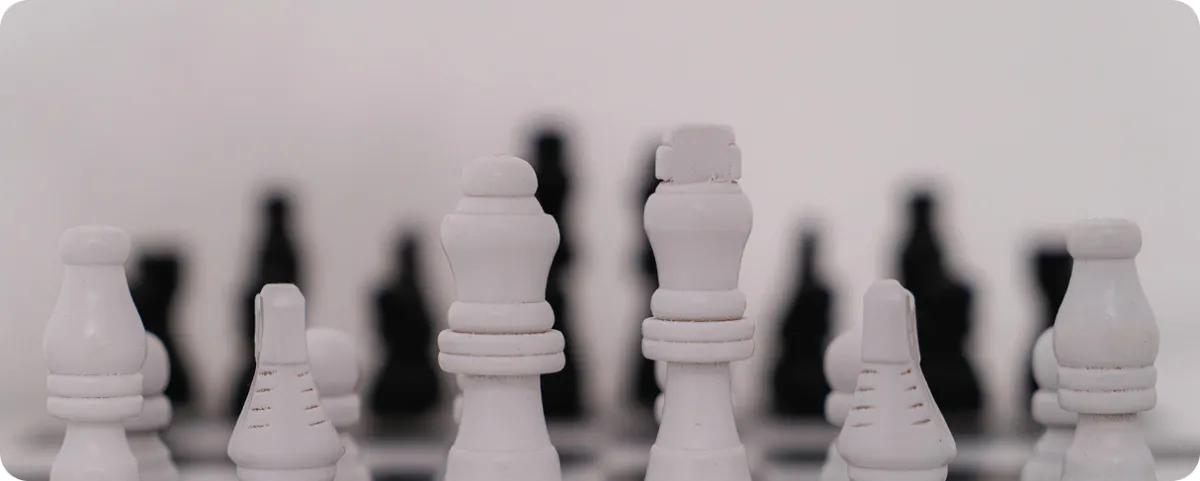

Empower your teams with strategic thinking and problem-solving skills.
Bridging Generations Through Chess
Our unique program connects youth with seniors to foster empathy, mentorship, and mutual growth. Join us in creating stronger, more connected communities.
Your Path to Success in 3 Simple Steps

Choose Your Program
Select the right fit for you or your loved ones.

Book and Pay
Securely pay upfront for 10-session blocks for convenience.

Start Playing
Begin your journey with expert guidance and engaging sessions.
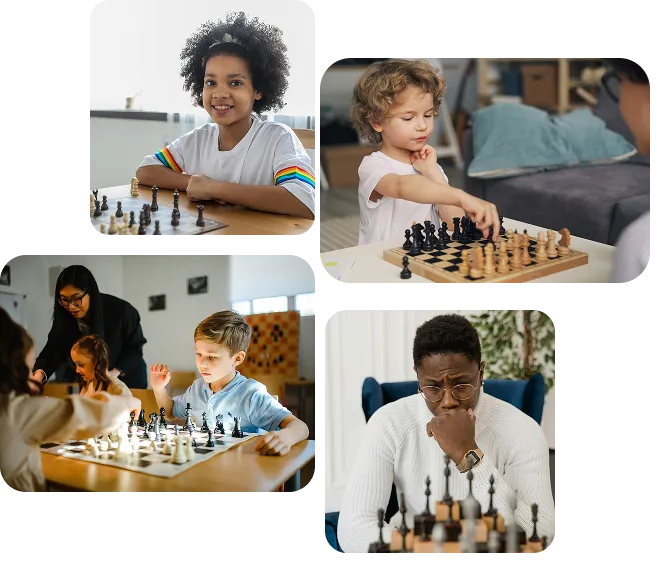
Testimonials
What Our Community Says

Coach Brian has taken my 7-year-old daughter Naima from a beginner to a confident tournament player. His patient, encouraging style has built her skills, confidence, and discipline. We’re truly grateful for his impact
Valerie
Testimonials
What Our Community Says

The Mall Chess Match Series became my favorite part of the week. I’ve improved my game and made so many new friends!

Sarah A.
Age 12
Make a Difference Through Partnership
Join our mission to empower communities through chess. Sponsor events, support programs, and connect with audiences who value growth and engagement.
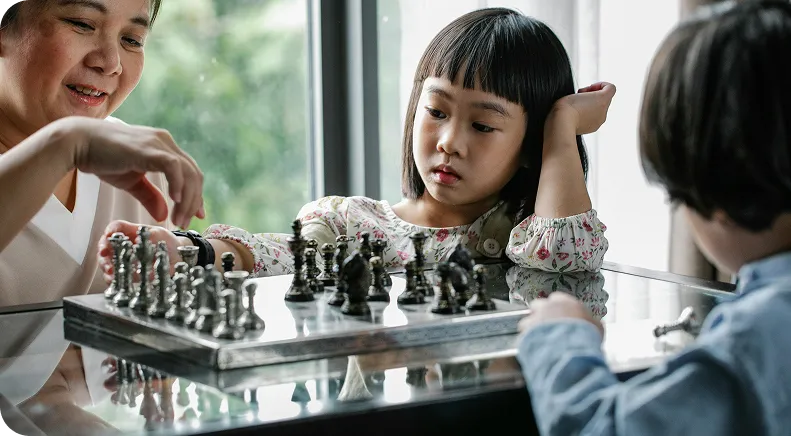
Ready to Transform Lives Through Chess?





